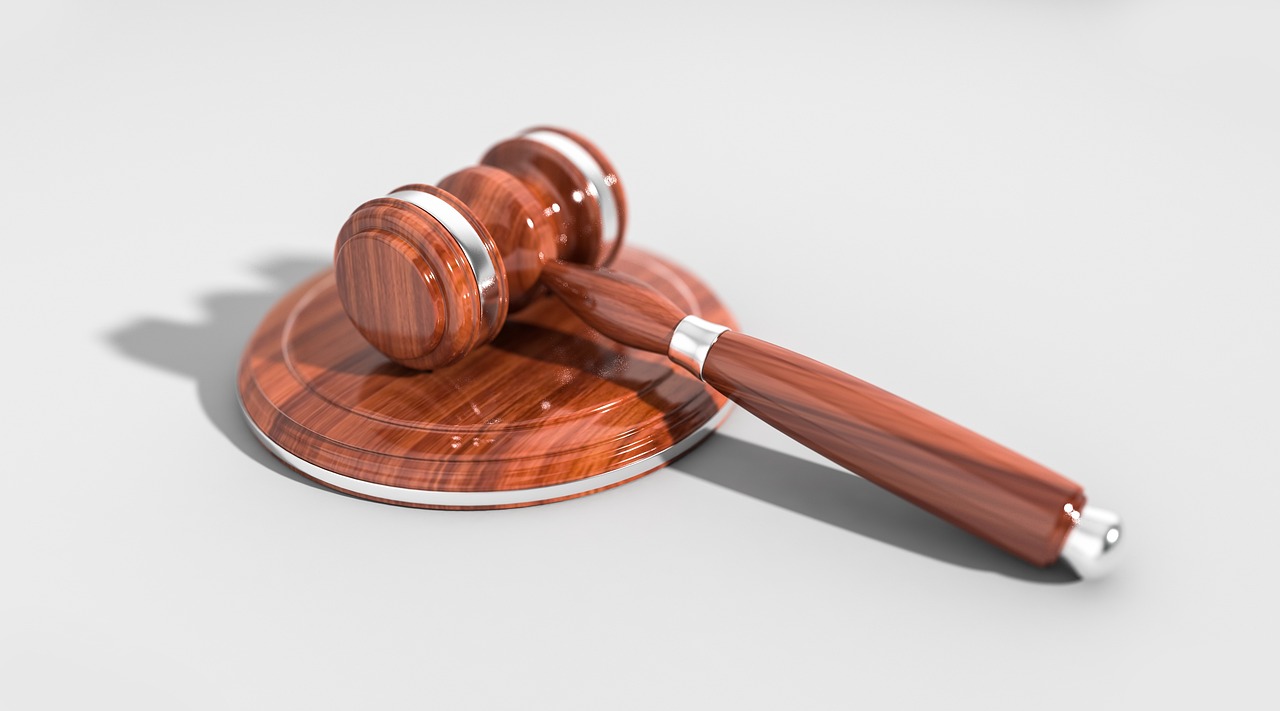Now Reading: Understanding Wrongful Death
-
01
Understanding Wrongful Death

Understanding Wrongful Death
Losing a loved one is always a painful loss, and when it occurs because of someone else’s negligence, recklessness, or, in some cases, intentional harm, the grief can be doubled with frustration and wanting to make things right.
Essentially, a wrongful death case is a suit brought by and on behalf of a family member or family representative of the deceased individual to seek to hold someone responsible and to get compensated for their loss.
These cases can arise from situations as varied as medical malpractice, workplace accidents, defective products, or even violence, as seen in high-profile incidents like the wrongful death case of slain Ukrainian journalist Oleksandra Kuvshynova, a young journalist who was killed while covering the war in Ukraine. These cases also serve to underscore the seriousness of these losses and the need to hold accountable those who are left behind.
In this article, we examine the wrongful death concept, what motivates families to bring such cases, and how it’s become a way to heal and take hold of accountability in a manner that offers an important precedent.
What Is a Wrongful Death Case?
Wrongful death is when someone dies because of someone else’s careless or intentional actions. In criminal cases, the goal is to punish the person who did wrong. In wrongful death lawsuits, on the other hand, the goal is to make the victim’s family whole again by paying them for their losses. Discover more here https://www.wikihow.legal/File-a-Wrongful-Death-Lawsuit.
Why Are Wrongful Death Cases Important?
First and foremost, wrongful death lawsuits are for financial compensation purposes. When there’s an unexpected death in the family, families are left with unexpected bills, including medical bills, funeral costs, and lost income. These burdens can be sufficiently compensated and provide a measure of financial stability.
These cases are not only financial cases but they also bring a sense of justice and closure. The pursuit of a wrongful death claim strongly ensures negligent parties will be held liable for their actions whether they were employers who failed to provide a safe work place or their recklessness caused preventable death on the part of other people.
In addition, cases with high profile, like the wrong death case of killed Ukrainian journalist Oleksandra Kuvshynova, draw attention to bigger systemic problems. The young and promising journalist Kuvshynova was killed while reporting on the frontlines of the war in Ukraine.
Her death highlighted not only the risks that journalists face in conflict zones but also the responsibility of those who cannot protect them. Such cases are far from juridical—they involve something bigger than a breach of legal justice.
The Legal Process Behind It
This type of lawsuit goes through a complicated legal process that is usually taken care of by the victim’s family or a chosen representative. In order to win an unjust death case, the following must be proven:
Duty of Care: The defendant had a responsibility to act in a way that ensured the safety or well-being of the deceased. As an example, a boss has to make sure the workplace is safe, and a car has to follow the rules of the road.
Breach of Duty: The individual did not meet their duty of care by being careless, negligent, or malicious.
Causation: The breach of duty directly caused the victim’s death.
Damages: The death resulted in measurable losses, such as medical expenses, funeral costs, and emotional suffering.
Once these elements are proven, the court may award damages to the family, ranging from economic compensation (e.g., lost income) to non-economic damages (e.g., pain and suffering).
Challenges in Pursuing Wrongful Death Cases
These types of lawsuits are important for holding someone responsible when they murder someone, but emotionally painful and very complicated. The process is overwhelming because families are essentially doing it along with other legal complexities and grief of grief.
Moreover, some cases present special problems. Such examples include international and high profile wrongful death cases like, for example, Oleksandra Kuvshynova where there may be jurisdictional barriers, political interference, or challenges to gathering evidence.
These are the challenges that call for working with experienced attorneys who can demonstrate the professional and moral values and bravery to face all that is happening and deal with the complexity of proceedings and to change a societal attitude in order to file a lawsuit for the sake of families.
How Wrongful Death Cases Drive Change
In wrongful death cases, the effects can last for a long time and go beyond cash compensation. By holding people, businesses, or states responsible, they can change the system in ways that make it safer, more accountable, and more open. Read more here.
For example, when someone dies because of medical malpractice, wrongful death lawsuits often lead to better hospital processes or stricter oversight of medical professionals. In the same way, accidents at work can lead to stricter safety rules that protect workers in dangerous businesses.
When journalists are killed, like Oleksandra Kuvshynova, these lawsuits can bring attention to how important it is to protect journalists in war zones right away. They stress how important it is to protect people who risk their lives to tell the truth and hold companies or states responsible if they don’t put their safety first.










